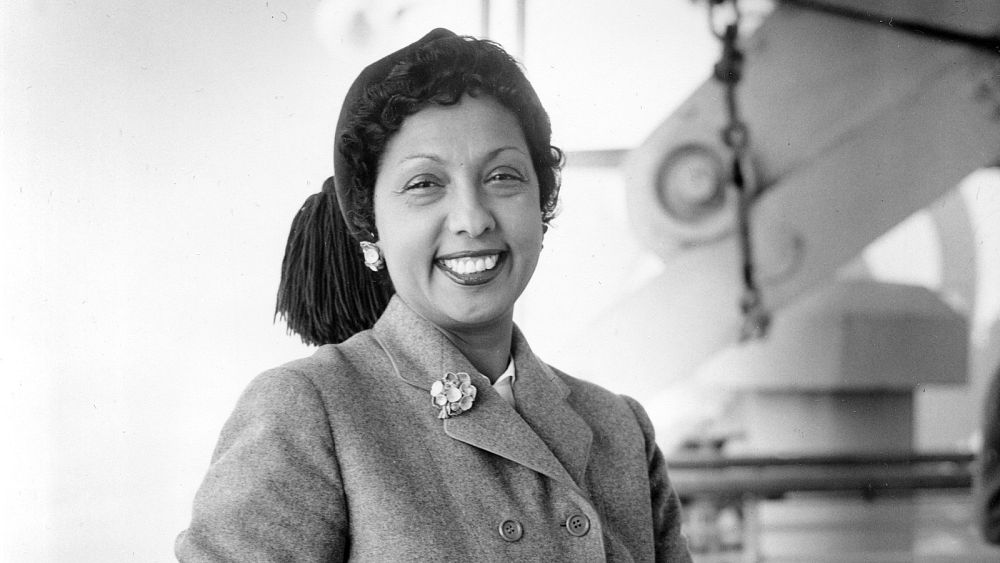
France will honour US-born cabaret performer and resistance fighter Josephine Baker on Tuesday at the Pantheon monument, making her the first black woman to receive the honour.
She joins figures that have indelibly marked French history, such as former minister Simone Veil, philosopher Jean-Jacques Rousseau, writer Victor Hugo, and scientists Pierre and Marie Curie.
Baker will be just the sixth woman honoured at the renowned monument in a ceremony on 30 November.
“World-renowned music hall artist, committed to the Resistance, tireless anti-racist activist, she was involved in all the fights that bring together citizens of goodwill, in France and around the world,” the Elysée said in a statement announcing the decision.
“For all these reasons, as she embodies the French spirit, Joséphine Baker, who died in 1975, today deserves the recognition of the homeland.”
Born in St Louis, Missouri, in 1906, Baker had a difficult upbringing in the United States marked by poverty and racial segregation.
She eventually became a performer in New York before travelling to France in 1925 to join a musical show at the Folies-Bergère theatre in Paris.
She went on to become a huge success in France with performances that accentuated many African stereotypes of the colonial time. She famously wore a banana skirt and became an icon of the city’s Jazz Age.
“I became famous first in France in the twenties. I just couldn’t stand America and I was one of the first coloured Americans to move to Paris,” Baker told the Guardian in a 1974 interview.
Her marriage in 1937 to Jean Lion is what eventually led to her becoming a French citizen.
At the beginning of World War II, she used social events to gather counter-intelligence information and in 1940 refused to sing for Germans in occupied Paris, according to archival records from France’s military.
Towards the end of the war, she performed for the French army while continuing her intelligence work for Charles de Gaulle’s staff.
In 1945, she went to Germany to sing with prisoners and deportees who were released.
She received France’s highest distinction, the Legion of Honour as well as a military decoration in a ceremony in 1961.
In the later years of her life, she was a vocal anti-racism activist, who spoke at the 1963 March on Washington where Dr Martin Luther King gave his famous “I have a dream” speech.
Baker adopted 12 children from all over the world as part of a “Rainbow tribe”, living in a castle in the southwest of France.
Towards the end of her life, she went into heavy debt and was eventually helped by Princess Grace of Monaco. She started her performing career again in 1974 just before her death aged 68 due to a cerebral haemorrhage.
Baker was buried in Monaco where her remains will stay at her family’s request.